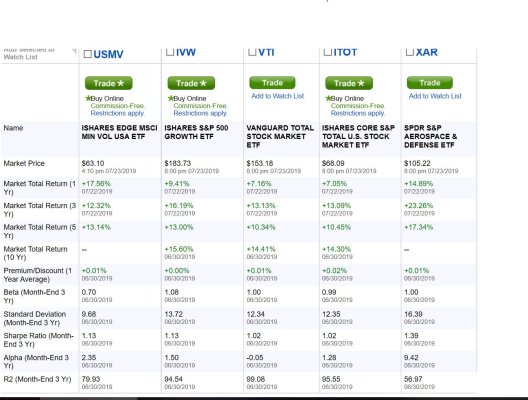dirtbiker
Full time employment: Posting here.
- Joined
- Apr 11, 2019
- Messages
- 630
Do I understand you correctly? The theoretical problem is a quarter century into the future and you are concerned about it now? Really?
Chill, man. Trying to solve problems you don't have and may never have is IMO not a good use of your time.
Do I understand you correctly? You're surprised that people on THIS forum, one dedicated to early retirement and financial independence, are concerned about financial matters a quarter century in the future? Yes, of course I am. I mean, of course. And so are most who are still working/recently retired. How many people run Firecalc? Do they look 25+ years in the future? Of course. When we're young and working, do we just blindly hope that what we are saving will work? Hopefully not. Hopefully we plan a quarter century or more into the future.
Trying to solve potential problems before they become actual problems is nearly always a good use of your time. It's the difference between a proactive and a reactive approach to life. I guess I prefer the former.

